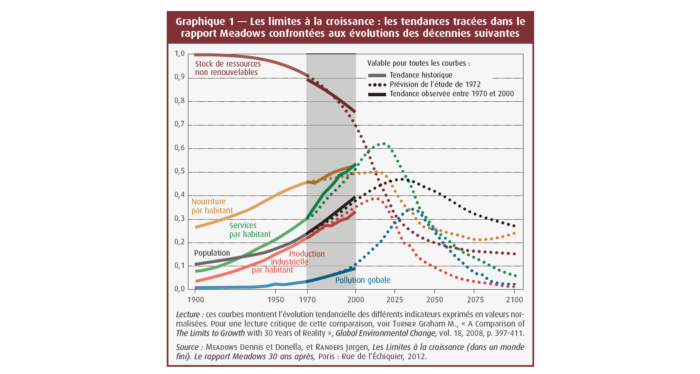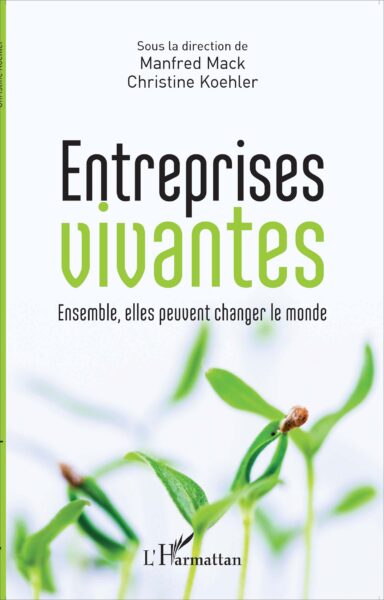In September 2009 the Stiglitz Commission published its report on the limits of economic accounting and the need to develop new indicators for the measurement of wealth and social progress. These recommendations are particularly welcome, but, as this “Future of Yesteryear” feature illustrates, they are far from new. The question remains, then, whether they will be implemented or will merely swell the pile of work produced in a similar vein, like the following text, which was first published by Bertrand de Jouvenel in 1957 and reprinted in his book, Arcadie. Essais sur le mieux-vivre [Arcadia: Essays on Better Ways of Living].
In this text, which appeared almost 50 years ago, the author, after discussing the limitations of economic accounting methods, argues how inadequate the methods are, inasmuch as they do not take account of unpaid services (work in the home, for example) or free goods (such as oxygen) or what he terms “negative goods”, today more commonly called externalities.
Reading this article by a pioneer of “political ecology” makes one wonder how much progress there has been in our thinking over the last 50 years. We should recall, moreover, that it was at roughly the same time (1971, to be precise) that Futuribles published Jacques Delors’ book Les Indicateurs sociaux [Social Indicators], which also stressed the need even then to design better tools (than economic indicators alone) for measuring the state of our societies. Let us hope that in future, further encouraged by concern for the environment, more sustained efforts will be made to improve national accounting systems.
The Political Economy of Free Goods and Services (1957)
Cet article fait partie de la revue Futuribles n° 357, nov. 2009


